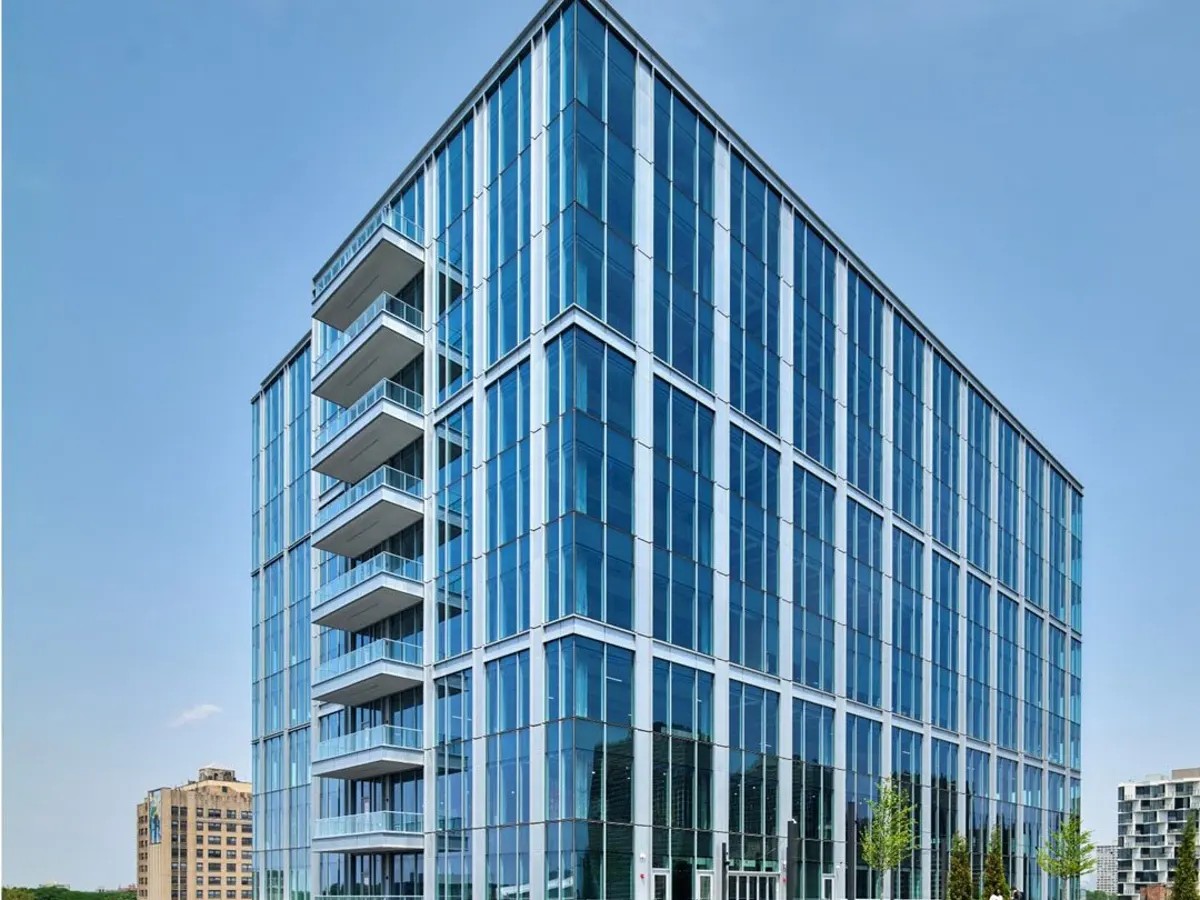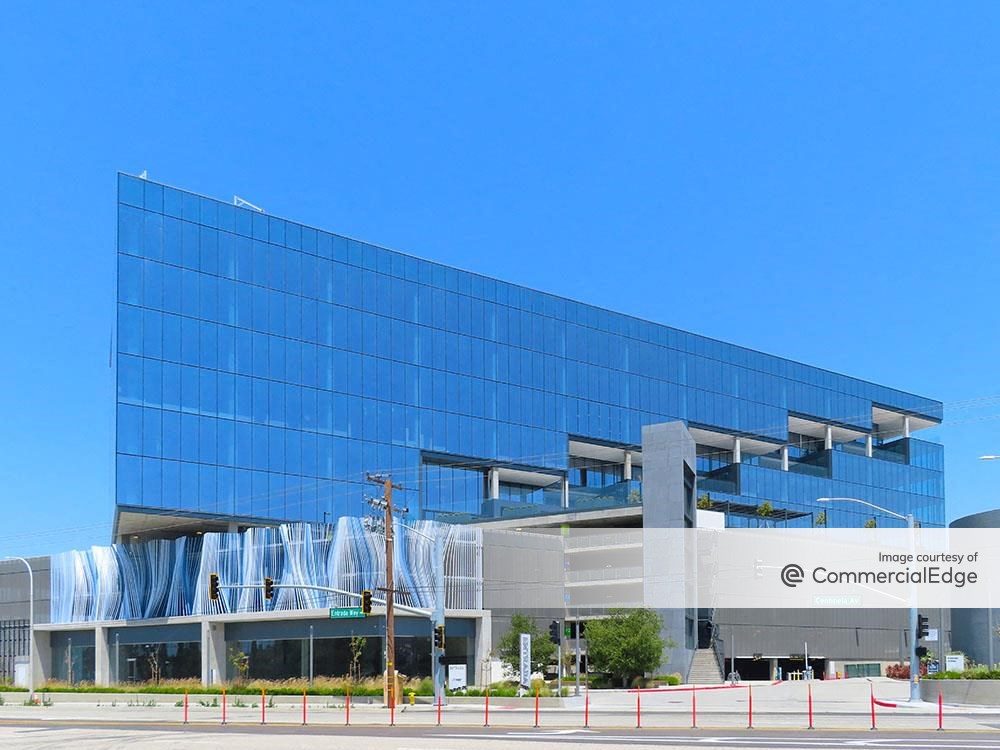Saint Index: Americans’ Desire for Certain Neighborhood Developments Grows
Build in my backyard--please! Well, it may not be quite so dramatic, but more and more residents across the country are turning away from NIMBYism (Not in My Back Yard), according to the 2010 Saint Index survey.
August 3, 2010
By Barbra Murray, Contributing Editor
Build in my backyard–please! Well, it may not be quite so dramatic, but more and more residents across the country are turning away from NIMBYism (Not in My Back Yard), according to the 2010 Saint Index survey. Recession woes have resulted in a 10 percent increase in the number of Americans who are more willing to support certain new commercial real estate developments in their neighborhoods.
The Saint Consulting Group interviewed 1,000 adults across the country to create its index, and found that the number of respondents who expressed that they are now more likely to support a new commercial development in their hometown jumped to 68 percent, a 10 percent increase from the 2009 survey. “The recession is definitely changing attitudes and lessening what we’ve seen with NIMBYism,” Stephen Shepherd, Vice President for Communications with Hingham, Mass.-based Saint Consulting, told CPE. “Indisputably, over the last few years, the numbers have trended downward in opposition and upward in support for commercial development.” But that support comes with exceptions.
Retail is favorable. Residents are increasingly open to retail projects involving home improvement centers Home Depot and Lowe’s, and discounters K-Mart, Target and Walmart. However, other developments remain predominantly undesirable. Seventy-four percent of survey participants are opposed to landfill projects, 72 percent are against casino developments and 59 percent want nothing to do with quarries.
“While the economy has definitely made people less NIMBY, the underlying attitude will still be a factor for developers; 74 percent say their community is already overdeveloped or fine the way it is,” Shepherd said. Additionally, the increase in support for particular projects, he says, will decrease as the economy improves.






